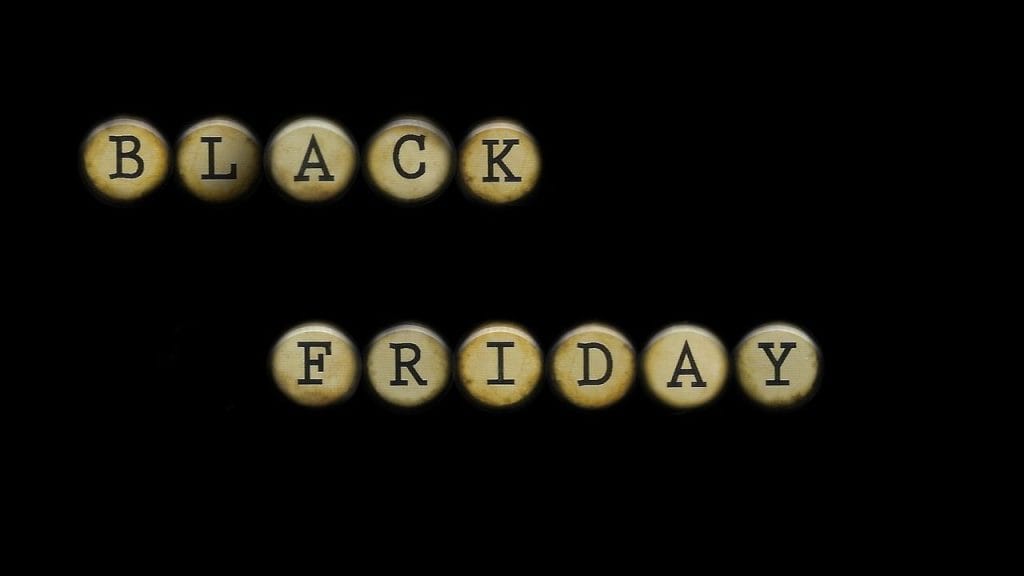As more people rein in spending, it’s taking a toll on the local real estate market.
The BC Real Estate Association (BCREA) released its third-quarter housing forecast, showing listings are set to fall 2.2 per cent to 72,840 units by the end of the year.
However, things look brighter for the next year.
“In 2026, MLS residential sales are forecast to move higher, rising 10.7 per cent to 80,600 units,” finds the report.
The organization says the ongoing trade war with the U.S. is partially to blame.
“Trade-related uncertainty upended hopes for a more normal market through the first half of 2025,” said BCREA Chief Economist Brendon Ogmundson.
“While provincial home sales remain weak overall, particularly in the Lower Mainland, many markets are now returning to long-run average sales activity and should head into 2026 with some momentum.”
The BCREA says sales have been slow for the past few years, with the provincial resale inventory now stabilizing at just over 40,000 listings — a level not seen in over a decade.
“As a result, we expect regions with stronger demand to experience modest price growth, while weaker markets such as the Lower Mainland are expected to face downward pressure on prices. However, overall, we forecast largely flat average prices this year, with prices rising slightly in 2026 as markets balance out.”
Last month, a Century 21 report, looking at 50 communities across the country, found that on a dollar-per-square-foot basis, Vancouver is still the most expensive place to live.
A detached home in Vancouver’s West End was calculated at an average of $1,110 per square foot. The average condo in the downtown area is worth $1,206 per square foot.
Despite the high prices, the real estate company said B.C. is seeing the effects of “uncertain buyers” as both prices and total sales drop.

